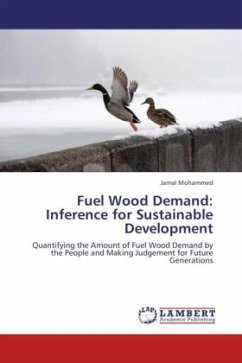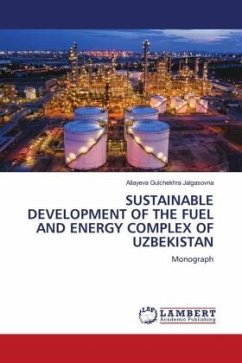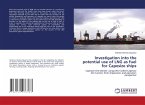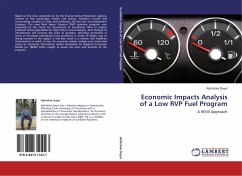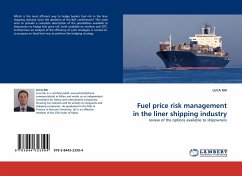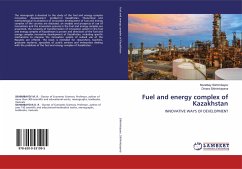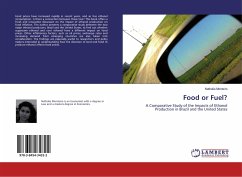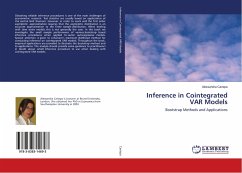In the developing world, fuel wood has been the dominant energy for domestic use. This inherent neccesity has brought about an increased acceleration for harvest of tree species which has resulted in depletion of these tree species. Consequently, serious questions about sustainable development are being raised by environmentalists in the use of forest resources.In the Tamale metropolitan area of northern Ghana,the increased need to reduce poverty has led people to depend on fuel wood for their livelihood and this makes people harvest standing trees aggravating the Hamattan situation.This work employed the travel cost method and the multi-stage sampling methods to study household users of fuel wood and how this could be inferred for sustainable development. This book is good for all those who are interested to understand the practical application of the travel cost method for the study of fuel wood.The uniqueness of this book seen in its application of this method (TCM) on 392 respondents in this study area.Therefore environmental economics practitioners and students would find this work a great help.

